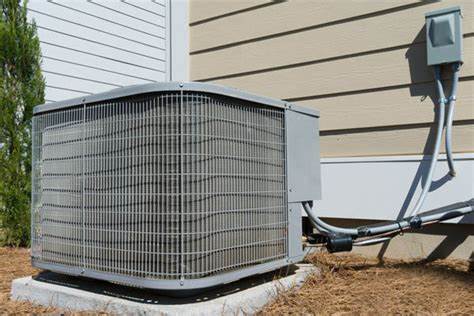Understanding the lifespan of your HVAC system is essential for maintaining comfort in your home and planning for future expenses. How long do HVAC systems last? Various factors, including regular maintenance, installation quality, and environmental conditions, determine the longevity of your HVAC equipment. In this blog, we will explore the average HVAC system lifespan, signs that it’s time to replace your system, and tips for extending the life of your air conditioning units, heat pumps, and more. Keep reading to learn how to maximize the efficiency and lifespan of your HVAC system and save money on energy bills!
Understanding HVAC System Lifespan
The lifespan of an HVAC system varies based on several factors. Knowing how long HVAC systems last helps homeowners plan for maintenance and replacements. HVAC systems are essential for maintaining comfort in homes, and understanding their longevity can help avoid unexpected breakdowns.
Most HVAC systems last between 15 to 20 years. Proper maintenance can extend the life of your HVAC system, ensuring it runs efficiently. Different types of systems, such as central air conditioners, heat pumps, and furnaces, have varied life expectancies.
Regular maintenance is crucial for extending the life of HVAC systems. Routine maintenance, including changing filters and checking components, keeps the system running smoothly and efficiently. Neglecting maintenance can lead to frequent repairs and a shortened lifespan.
The Impact of Air Quality on HVAC Systems
Air quality significantly affects the performance and lifespan of HVAC systems. Clean air filters and ducts can prevent strain on the system, enhancing its longevity. Poor air quality can cause the system to work harder, leading to more wear and tear.
- Clean Air Filters: Regularly changing air filters is crucial. Clean air filters improve air quality and prevent dust and debris from clogging the system. This helps the HVAC system run more efficiently and extends its lifespan.
- Duct Cleaning: Keeping ducts clean ensures that air flows smoothly through the system. Dirty ducts can restrict airflow, making the system work harder and reducing its efficiency and lifespan.
- Proper Ventilation: Adequate ventilation is essential for maintaining good air quality. Proper ventilation helps remove contaminants and humidity, reducing strain on the HVAC system.
- Humidity Control: Managing indoor humidity levels is vital for HVAC systems. High humidity can cause the system to work harder to cool the air, while low humidity can dry out components, both of which can shorten the system’s lifespan.
- Air Quality Monitoring: Installing air quality monitors can help detect pollutants and ensure that the indoor environment remains healthy. Monitoring air quality allows for timely maintenance and adjustments to the HVAC system.
HVAC System Components and Their Lifespan
Understanding the lifespan of different HVAC system components is essential for maintaining a comfortable and energy-efficient home. In this section, we will explore the longevity of air conditioners, heat pumps, air filters, heating systems, and more. Knowing how long these components last and how to properly maintain them can save you money and ensure your HVAC system runs smoothly for years to come.
Steam Boilers and Their Durability
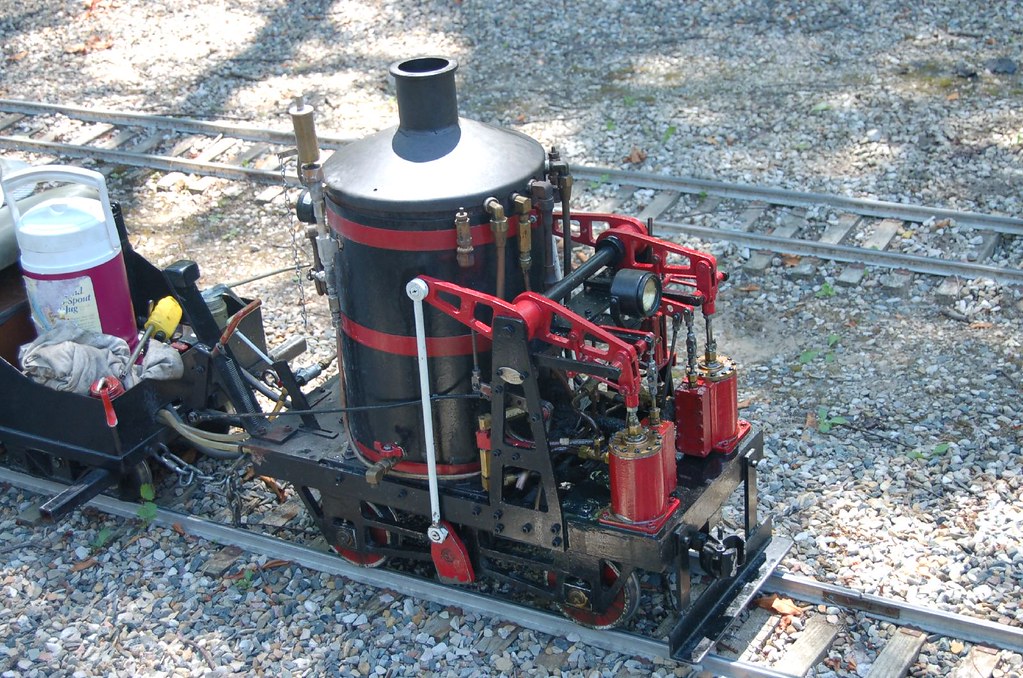
Steam boilers, a type of heating system, can last up to 30 years with proper maintenance. Regular inspections and maintenance are essential to ensure their long-term performance. Steam boilers are known for their durability and reliability.
Air Conditioners and Their Lifespan
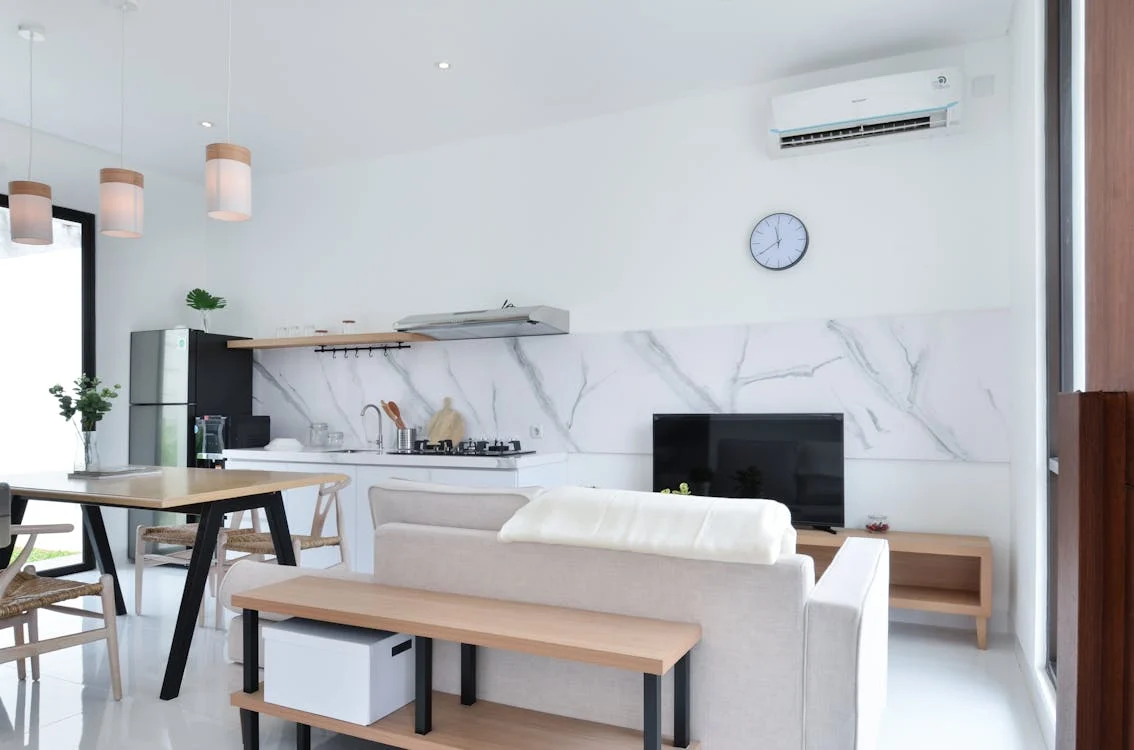
Air conditioners typically last 10 to 15 years. Proper maintenance and usage can extend their lifespan, making them more energy-efficient. Regular cleaning and annual check-ups are essential to keep the air conditioning unit in good condition. An air conditioner that is properly maintained can save you money on energy bills and improve your home’s air quality. Replacing an aging system with a new HVAC system can also enhance energy efficiency and comfort.
Heat Pumps and Their Durability
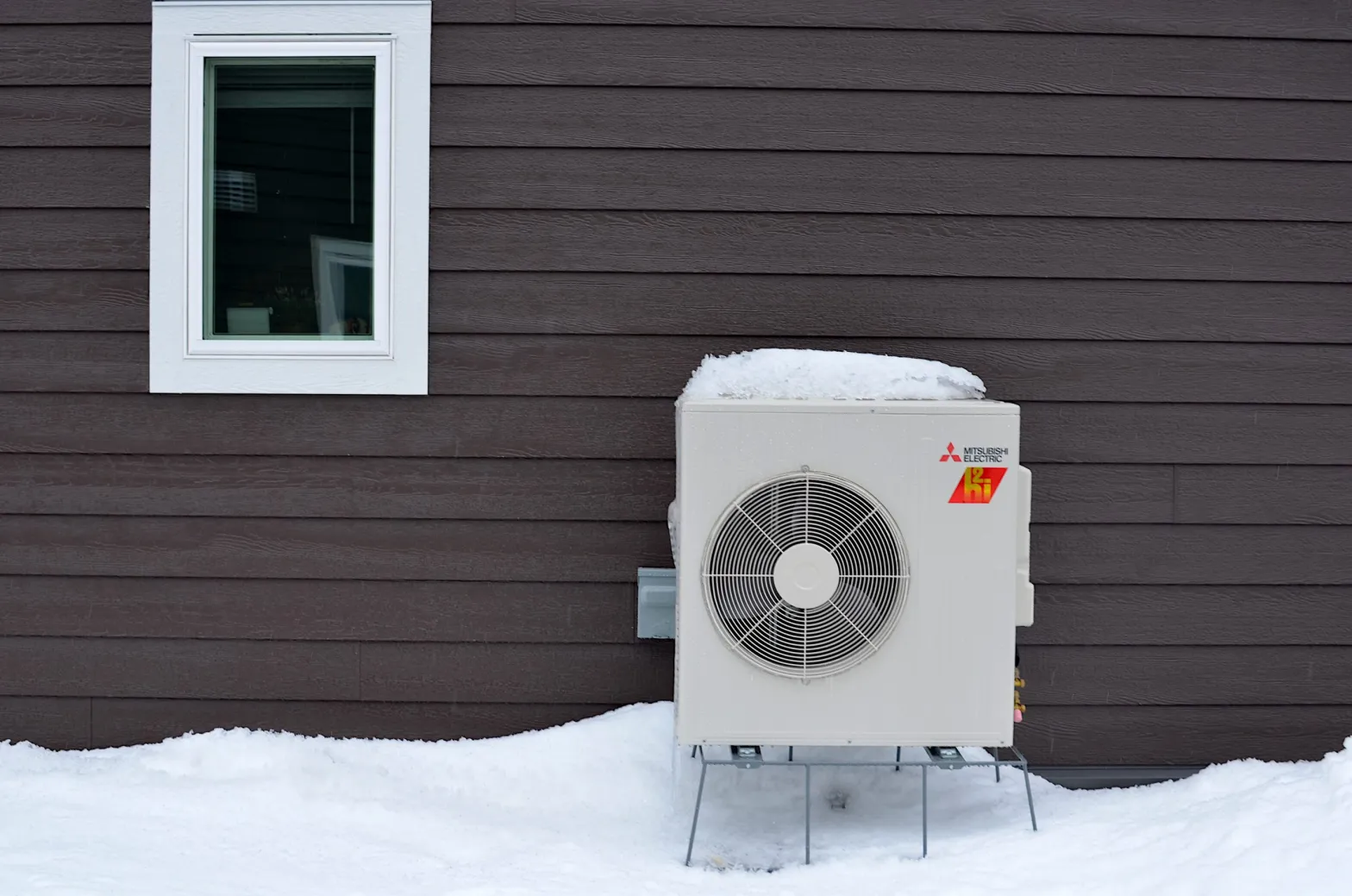
Heat pumps generally last 15 to 20 years. Regular maintenance and timely repairs can help maintain their efficiency and prolong their lifespan. Heat pumps are versatile systems that provide both heating and cooling, making their maintenance crucial. Heat pumps are major components of your HVAC system, and ensuring they are properly maintained can prevent costly repairs and extend their usability.
The Lifespan of Heating Systems

Heating systems, including gas furnaces and oil furnaces, have varying lifespans. Gas furnaces typically last 15 to 20 years, while oil furnaces can last up to 25 years with proper maintenance. Regular servicing is essential to keep these systems running efficiently. A well-maintained heating system ensures reliable performance during extreme temperatures and helps maintain energy efficiency.
Window Units and Their Lifespan
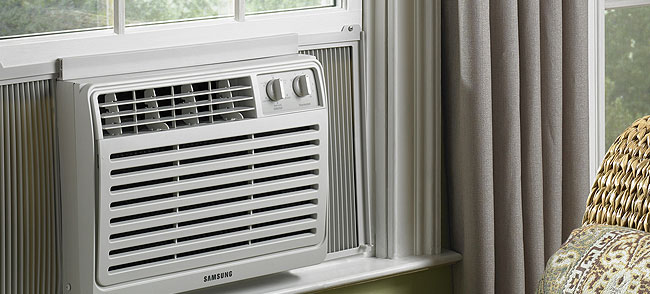
Window units generally have a shorter lifespan compared to central HVAC systems. They typically last around 10 years, depending on usage and maintenance. Regular cleaning and proper use can extend the life of window units. Although they are less efficient than central systems, window units can be a cost-effective solution for smaller spaces or supplementary cooling.
Understanding the lifespan of various HVAC system components and the importance of maintenance can help you maximize the efficiency and longevity of your system. Regular check-ups, proper installation, and timely repairs are essential to ensure your HVAC system provides reliable comfort for many years.
Factors That Contribute to HVAC Lifespan
Several factors contribute to the lifespan of HVAC systems, including usage patterns, environmental conditions, and the frequency of maintenance. Systems that are used heavily or exposed to harsh conditions may have a shorter lifespan. Regular maintenance and timely repairs can help mitigate these factors and extend the life of your HVAC units.
Heavy Usage:
HVAC systems that are used heavily tend to have a shorter lifespan. Continuous use puts more strain on the system’s major components, leading to faster wear and tear. For example, an AC unit that runs non-stop during hot summers or a heating system that operates continuously during cold winters will experience more stress and potentially a reduced HVAC lifespan.
Balanced Usage:
Balanced usage can help extend the life of your HVAC system. Using programmable thermostats to manage the system’s operation efficiently can reduce unnecessary strain. Ensuring that the system isn’t overworked, even during extreme temperatures, can help maintain its performance over a longer period.
Climate Impact:
Environmental conditions, such as extreme heat or cold, can affect the lifespan of HVAC systems. Systems exposed to harsh weather conditions must work harder to maintain indoor comfort, which can lead to quicker degradation of the system’s individual components.
Indoor Air Quality:
The quality of indoor air also plays a significant role in the longevity of HVAC systems. Poor air quality can clog air filters and ducts, causing the system to work harder and reducing its efficiency. Maintaining good air quality through regular cleaning and filter replacements can help protect your HVAC equipment.
Regular HVAC Maintenance:
Regular HVAC maintenance is crucial for extending the life of your HVAC units. Routine check-ups by a qualified HVAC technician can identify and address minor issues before they become major problems. Regular maintenance tasks, such as changing air filters, checking coolant levels, and cleaning coils, are essential for keeping the system running efficiently.
Timely Repairs:
Timely repairs are vital for preventing small issues from escalating into costly repairs. Addressing problems like refrigerant leaks, worn-out parts, or electrical issues promptly can prevent further damage to the system. Ensuring that your existing system is properly maintained can significantly extend its lifespan.
Proper Installation:
Proper installation of HVAC systems is critical for their long-term performance. An improperly installed system can suffer from frequent breakdowns and reduced efficiency. Ensuring that a qualified HVAC technician installs your system correctly can help avoid these issues and extend the HVAC lifespan.
Retrofitting Existing Systems:
Retrofitting existing systems with newer, more efficient components can also help extend their life. Upgrading parts like thermostats, fans, or compressors can improve performance and efficiency, thereby increasing the overall lifespan of the system.
Signs It’s Time to Replace Your HVAC System

There are several warning signs that indicate it might be time to replace your HVAC system. Recognizing these signs early can help avoid costly repairs and improve home comfort.
- Frequent Repairs: If your HVAC system requires frequent repairs, it might be more cost-effective to replace your HVAC system with a new one. Constantly fixing an aging system can lead to expensive repairs that add up over time. A new system will be more reliable and efficient.
- Uneven Temperatures: Uneven temperatures throughout your home can be a sign that your HVAC system is struggling to maintain comfort. This could be due to failing components or an outdated system that can no longer distribute air evenly. A well-insulated home and a properly functioning HVAC system should maintain consistent temperatures.
- Higher Utility Bills: Higher utility bills often indicate that your HVAC system is no longer running efficiently. Older systems use more energy to maintain the same level of comfort, leading to increased energy usage and higher bills. Upgrading to an energy-efficient system can help reduce these costs.
- Reduced Air Quality: A decline in your home’s air quality can be a sign that your HVAC system is not functioning properly. Poor air quality can result from dirty filters, clogged vent hoses, or failing components. Ensuring your unit is clean and well-maintained can improve air quality, but sometimes a new system is necessary.
- Age of the System: The average life expectancy of most HVAC systems is 15 to 20 years. If your system is approaching or exceeding this age, it might be time to consider a replacement. New HVAC systems offer better energy efficiency and improved technology.
- Frequent Cycling: If your HVAC system frequently cycles on and off, it may be struggling to maintain the desired temperature. This can be a sign of failing components or an improperly sized system. Frequent cycling increases wear and tear, reducing the system’s life expectancy.
- Increasing Repair Costs: When the cost of repairs begins to approach the cost of a new HVAC system, it is more economical to replace your HVAC system. Investing in a new system can save money in the long run by reducing the need for ongoing repairs.
Recognizing these warning signs early can help you decide when it’s time to replace your HVAC system. A new, energy-efficient system installed by qualified technicians can improve your home’s comfort, reduce energy usage, and save money on utility bills and repair costs.
Proper Maintenance for Extended Lifespan
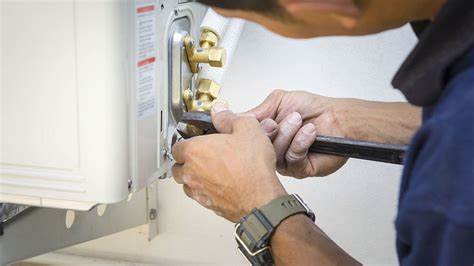
Proper maintenance, including regular inspections and timely repairs, is essential for extending the lifespan of HVAC systems. A well-maintained system operates more efficiently and lasts longer. Regular maintenance is a key factor in HVAC longevity.
In conclusion, understanding how long HVAC systems last and the factors that affect their lifespan is crucial for homeowners. Regular maintenance, proper installation, and addressing issues promptly can help maximize the efficiency and longevity of HVAC systems. By following these guidelines, homeowners can ensure their HVAC systems provide reliable comfort for many years.
Don’t wait until your HVAC system fails! Take proactive steps to extend its lifespan and ensure your home’s comfort. Contact Callidus Air today for a professional inspection and maintenance service. Our expert technicians will help you maximize your HVAC system’s efficiency and longevity, potentially saving you thousands in premature replacement costs.

